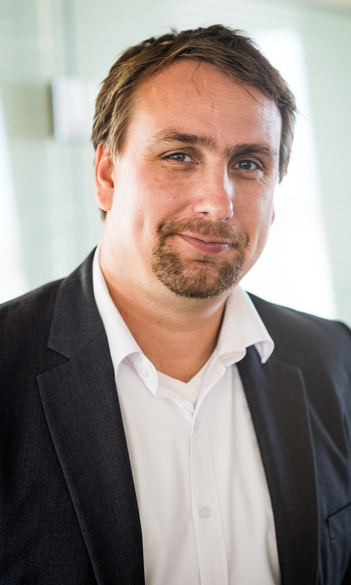"This understanding is needed to run any business successfully"

Professor Dombi, according to your opinion, why is it worth participating at BESU?
BESU is a great opportunity to meet interesting people from all around the world and improve your personal network. We have several reasons to believe that this summer academy is the perfect choice for students interested in business economics. First, the summer school offers exciting courses touching upon innovative, thought-provoking issues in their field and mustering lecturers with established experience and international background. Second, the Eötvös Loránd University (ELTE) is the best university in Hungary with centuries-old tradition. Last but not least, the summer school takes place in one of the most charming city of Central Europe. Budapest is a dynamic and vivid city with a marvelous spirit in the summer. In short, BESU offers fascinating courses, a prestigious university, a beautiful venue, and interesting people to meet. This combination is really condemned to success.
How does your course, Economic Policy, fit into the main focus of the summer school?
The question is actually more than justified. Economic policy is regarded as a sort of macroeconomic subject. Nevertheless, the Institute of Business Economics at ELTE has always put distinguished emphasis on such frontier fields too which are not closely related to business economics but are deemed to be essential to educate businessmen with a decent understanding of the broader socioeconomic environment of their operation. In fact, this understanding is needed to run any business successfully. In this sense, economic policy is a crucial field which presents you how states and markets interact with each other.

What is the focus of the Economic Policy course?
The main focus is placed on the relationship between state, markets and institutions. This is an evergreen and colorful topic which raises several issues and questions. What do the different schools of economic policy tell us about the desirable nexus between states and markets? How did this nexus evolve in the past and what kind of examples do contemporary economic policies offer us in practice? How has globalization reshaped the governments’ room to maneuver in achieving their developmental goals and pursuing their own policies? What do monetary policy and financial crises teach us about the interplay of states and financial markets? What are the pros and cons of state capitalism and what do empirical results show us in this respect? How deep are the historical and cultural roots of institutions that govern the state-market relationship and determine contemporary economic development? These are the main questions the course aims to investigate in detail.
Do other professors also participate the course?
Yes, three other colleges join me in this course. Professor Tarafás, the former vice-president of the Hungarian National Bank, will hold lectures on monetary policy. Professor György, the secretary of state responsible for economic coordination and development, will offer lectures – among others – on the state-market nexus in the age of globalization. Last but not least, professor Grigoriadis from the Freie Universitaet Berlin will give some talks on the intertwined dynamics of institutions, history and development.

